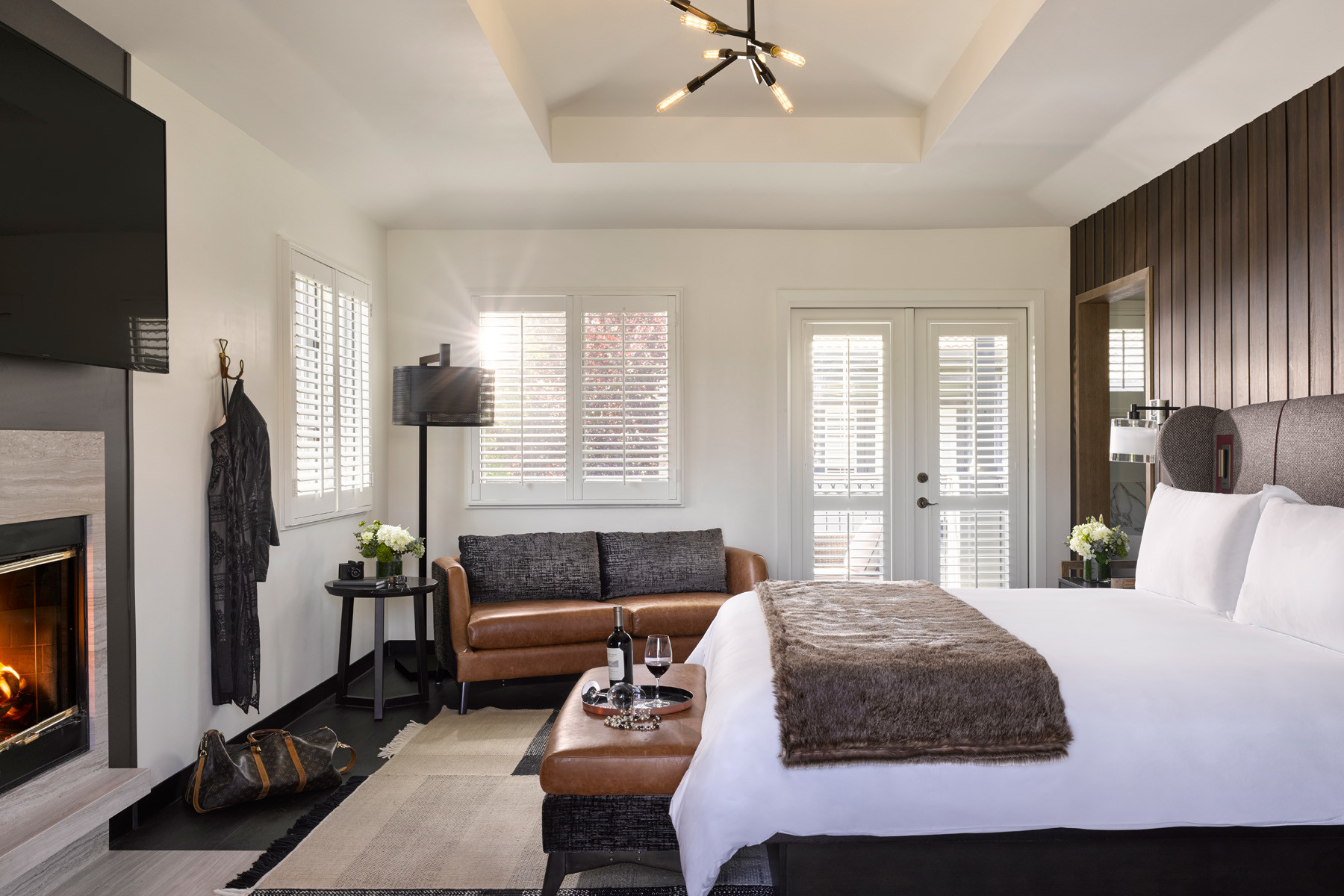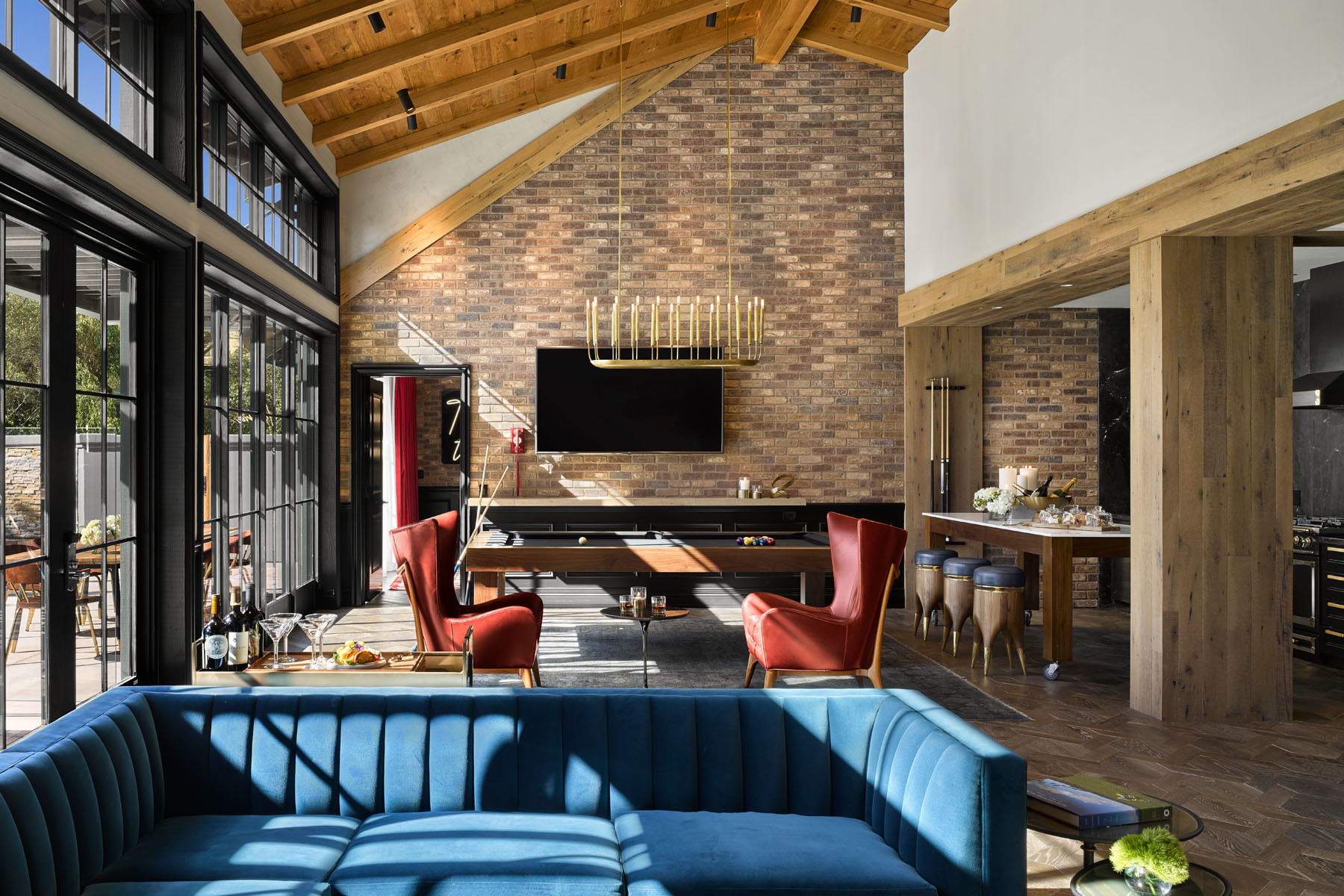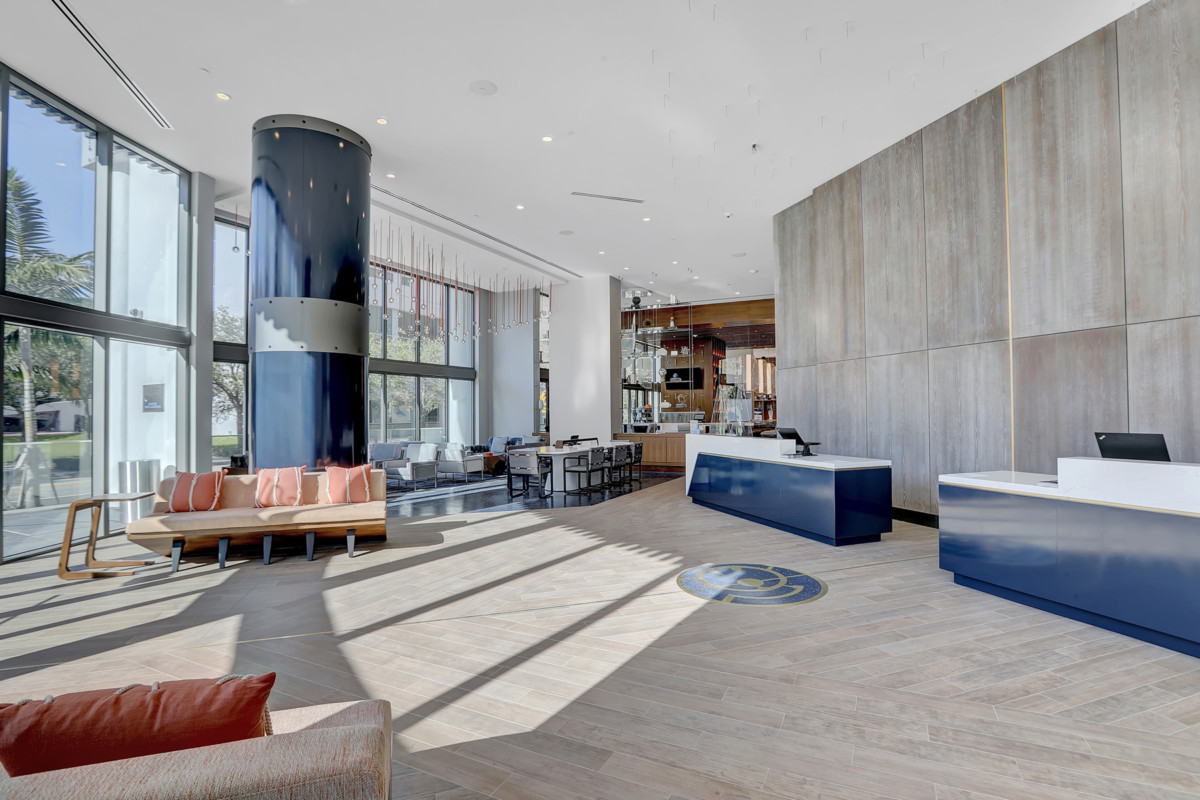The New Elements of Hotel Design in a Hi-Tech World | Sensory Tech, the Science of Feeling Good
The current global pandemic has instilled a sense of uncertainty and unease, hotels are going to be relied upon to provide a space to escape, disconnect and retreat in comfort. Today’s traveler is looking to check-in to a hotel and find the same level of comfort, if not more, than they have at home. Most people are now living a relatively ‘smart’ life, using AI daily, with smart assistants managing and automating a lot of day-to-day tasks – from waking them up and turning on the heaters, to orderings their groceries – so, a ‘smart’ hotel room is almost expected.
There’s a science to feeling good. As designers, we’re tasked with creating immersive spaces and experiences that engage the senses. The confluence of touch, scent, sound, sight, and taste is subtle, sometimes invisible, but they are there, all working together to create a memorable wellness experience. The guest doesn’t see the mechanics or science behind feeling good, but they sense it.

Hotel Villagio, Yountville, California
Hotel VillagioAccording to Nick Albert, Principal of Chromatic, Inc., lighting is one of the most quintessentially human experiences in design. Access to daylight is incredibly important, but it’s not always possible. The technology we have now can play a crucial role. “An LED light system, that can adjust between color temperatures; cool to warm, to neutral; is able to stimulate the human body’s natural circadian rhythms. You can utilize this technology to simulate daylight for a sense of nature or pre-program your room to cure jetlag. Despite it being a simulation, our bodies still react in the same way, it’s a naturalistic rhythm that instills a sense of ease and calm.”
“What we really ascribe to at our firm is, no matter how complicated the system is and how much technology is behind the wall, the experience in front of the wall should be as simple as possible. Even the most highly articulated lighting environments should be able to be accessed with just three buttons; effectively ‘high, medium, and low’ with technology doing the rest; people don’t want to deal with more decisions than that.” Albert stated.

By harnessing sentient technologies, hotels will be able to monitor guests’ emotional needs and make personalized adjustments, improving the guest’s mood and elevating the hospitality experience. Helping guests unwind and boost their energy levels. It’s almost as if technology is allowing us to tap into the ‘sixth sense’, that senses the guest’s feelings and mood. New tools for interaction like light, voice, gesture, and touch will engage our senses and make the interaction more natural.
Albert adds “Lighting systems can do almost anything now, from communicating via LiFi, to sterilizing a space using UVC, you just need to figure out need, cost, and interest. People need to buy into the aspiration as much as anything.”
Authored by Bruce Wright, Senior Vice President, and Principal, SB Architects.
Originally created for and published on Hotel Executive as ‘The New Elements of Hotel Design in a Hi-Tech World.’




